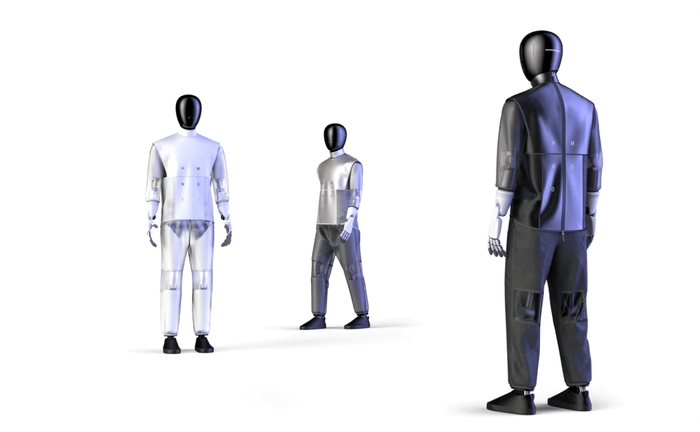WeRide Brings Self-Driving Vehicle Testing to SingaporeWeRide Brings Self-Driving Vehicle Testing to Singapore
The self-driving tech company is testing its autonomous vehicles in Singapore

Self-driving tech company WeRide has been granted permits for testing its autonomous vehicles (AV) on public roads in Singapore.
The award of the licenses in the Asian city-state means the Guangzhou-based firm now has permission to operate AVs in four different countries simultaneously, with Singapore joining China, the United States and the United Arab Emirates – proof, it claims, of its “international leadership” in the arena of Level 4 driving.
The M1 and T1 licenses have been granted by the Land Transport Authority of Singapore, following an assessment of the WeRide Robobus’s ability in several key areas, including static obstacle recognition and dynamic obstacle avoidance.
To achieve the licenses, the Robobus has been testing at Singapore’s Centre of Excellence for Testing and Research of Autonomous Vehicles in Singapore (CETRAN) since late August, a facility that replicates the typical traffic scenarios found on the urban roads of the 5.5 million population metropolis.
The three-month period in which WeRide has obtained the licenses is the shortest on record and now means the company can conduct tests on a larger scale on public roads across Singapore, including in the ‘one-north’ technology cluster and near the National University.
A safety driver will be on board.
The breakthrough completes a successful 2023 for WeRide, and comes just six months after it was awarded a permit to test its AVs on public roads anywhere in the United Arab Emirates – the first time such a comprehensive country-wide license had been granted anywhere in the world.
It means WeRide can operate its Robobus and self-driving taxis in all seven of the Emirates – Abu Dhabi, Sharjah, Ras Al Khaimah, Ajman, Umm Al-Quwain, Fujairah and Dubai.
The company has also made great strides in its native China, where in November it was granted permission to charge for driverless rides in Beijing.
The launch of a fare-paying service in the Yizhuang area, a pilot zone for automated transport, constituted a major step forward in the firm’s plans to commercialize its operations.
In the United States, meanwhile, it holds a permit for driverless testing in California.
Globally, the company says it is now conducting autonomous testing and operations in 26 locations – most of these in China – but what also marks it out is the wide spread of vehicles to which its tech is fitted.
As well as the Robobus that has been testing in Singapore and the Robotaxis being rolled out in Chinese cities, the company also offers a Robovan and even Robosweeper street cleaners, which have seen service in the company’s home city in Guangdong province.
About the Author
You May Also Like







